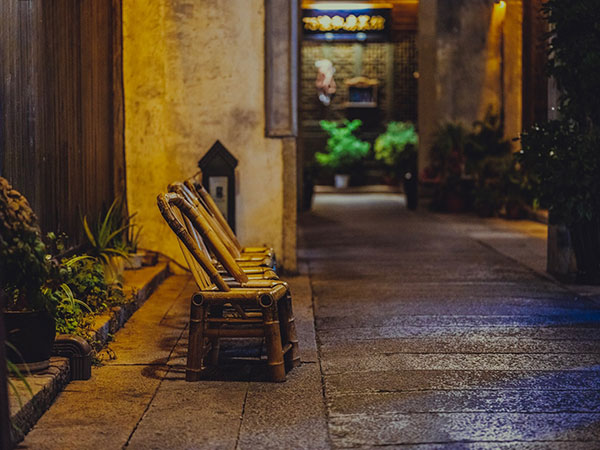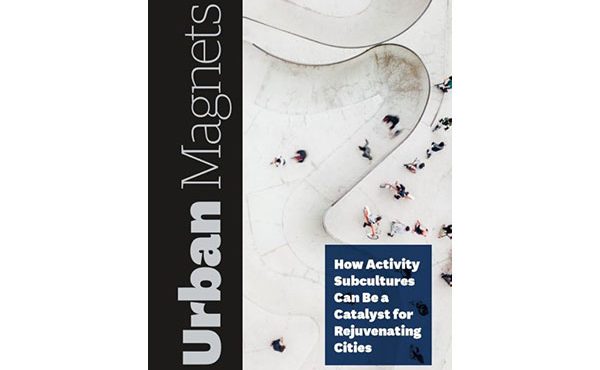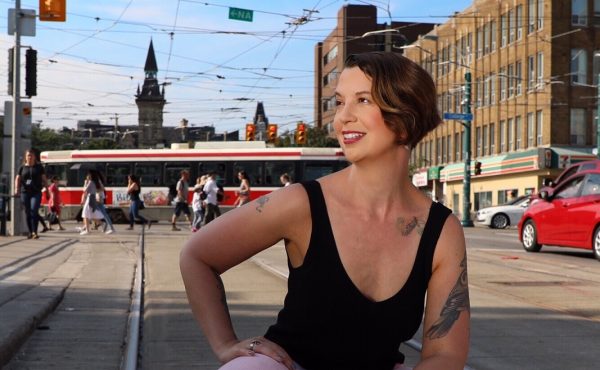
Reading the headlines these days is a sure way to become panicked, scared and pessimistic. It feels like the world is ending, and maybe it is. What we can agree on is that the Coronavirus (COVID-19) pandemic is bigger than all of us, and that global society will never be the same.
Cities are places for congregating and social interaction, harnessing collective ideas for creativity, innovation and action. There is a palatable energy and diversity in cities I love.
In a short amount of time this virus has done much to curb this urban activity, and with self-isolation on the rise, grinding local and national economies around the world to a halt. Small businesses are laying off workers while economic safety nets are disappearing every day.
But here in Athens, in Vancouver and cities and towns big and small across China, Italy and beyond, people of all ages and backgrounds are finding ways to continue with small urban rituals to try to keep a sense of normalcy.
A small solace during these anxious times is to take a walk in the neighbourhood. Here just south of Athens where it is 18 degrees in the spring sunshine, away from Canada, family and friends, this daily activity is a lifeline — smelling the fresh orange flowers and seeing the new cherry blossoms. Watching people air-dry laundry on their balconies, talk or sing to each other between buildings, smelling fresh-baked bread from the local bakery, and ordering roast chicken from a Greek restaurant that arrives on a motorcycle — all makes it seem like daily life goes on as usual. Seeing the green cross lit up at the small pharmacy across the street day and night, and knowing that neighbours are calling and checking on each other, family and friends brings comfort.
With so much upheaval in the world today, a few things are certain. People are resilient and adapt quickly to new circumstances. We need cities and public spaces, and we need each other more than ever. And when things calm down, rather than returning to ‘normal,’ we have an unprecedented opportunity to make our cities and communities much more sustainable, robust and resilient. The future of humanity depends on it.
***
Marnie McGregor divides her time between Vancouver and Athens, Greece. She is an urban affairs advisor providing North American and European government, non-profit and private sector clients focused on urban sustainability and climate action with government relations, stakeholder and communications strategic advice.



